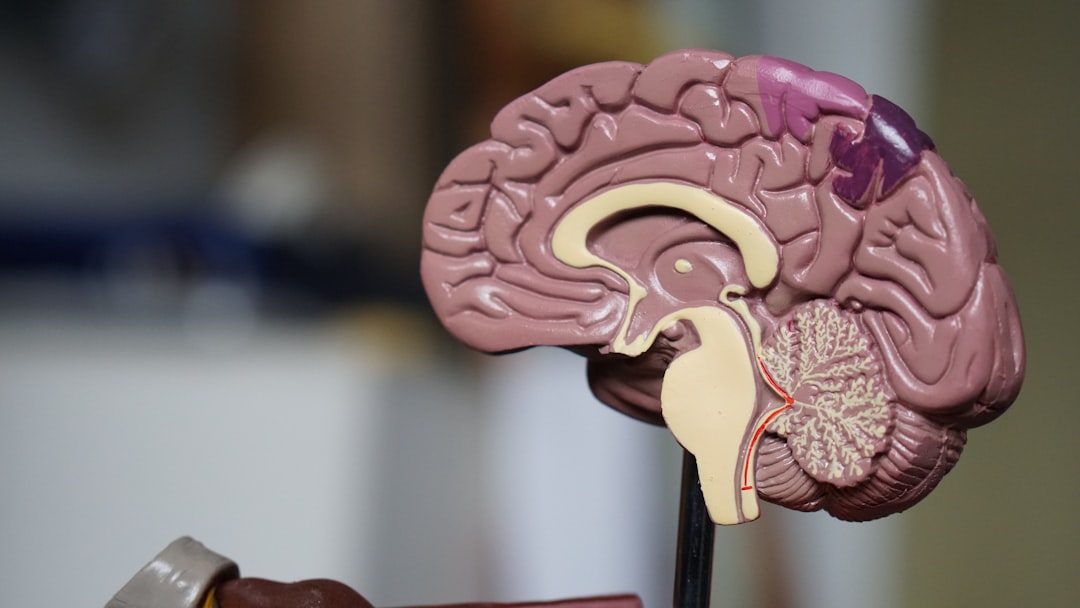What is it about?
Age is the primary risk factor for cognitive impairment, and it is known that certain brain pathologies are associated with cognitive impairment. However, there are some individuals who are able to maintain excellent cognitive abilities well into advanced ages. Our goal was to determine whether people who live to be 90+ with high level of cognitive function are able to maintain their excellent cognition through resistance to developing abnormal neuropathological changes in the brain or whether they are resilient to such changes, meaning they maintain superior performance even in the presence of abnormal neuropathologic changes.
Featured Image

Photo by Todd Cravens on Unsplash
Why is it important?
Our findings indicate that Alzheimer's Disease pathology and vascular changes are common in the brains of 90+ people with excellent cognitive abilities, meaning they are resilient to such changes. However, these individuals are less susceptible i.e., resistant to other types of neurodegenerative changes (such as Lewy body disease and hippocampal sclerosis) and have a lower burden of co-existing neurodegenerative changes. Over the past 30 years, the number of people aged 90 and older in the U.S. has nearly tripled, and this number is projected to quadruple in the next four decades. With this rise in age, many people see increased problems with memory and brain function. Further research into the factors that enable these individuals to maintain their cognitive function could provide insights into how to preserve cognitive health despite advanced age.
Read the Original
This page is a summary of: Superior Global Cognition in Oldest-Old Is Associated with Resistance to Neurodegenerative Pathologies: Results from The 90+ Study, Journal of Alzheimer s Disease, May 2023, IOS Press,
DOI: 10.3233/jad-221062.
You can read the full text:
Contributors
The following have contributed to this page










